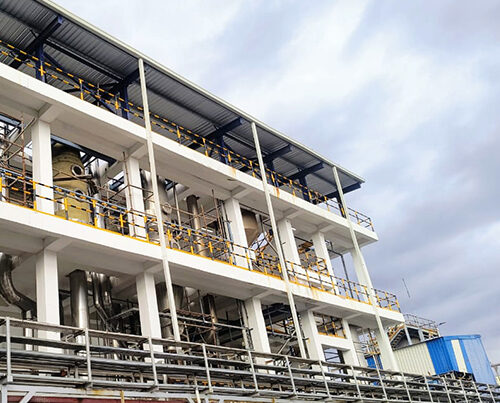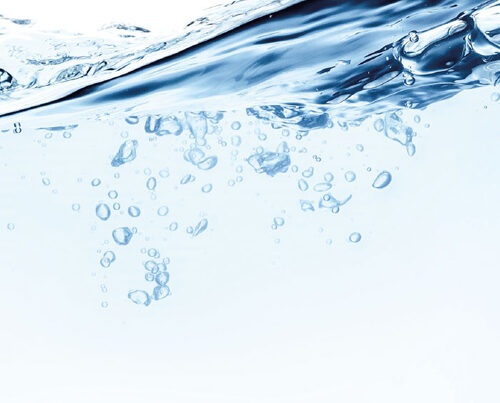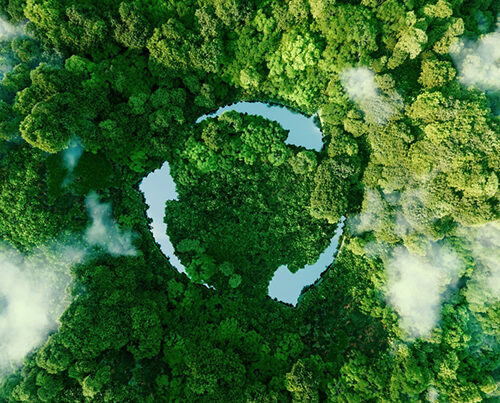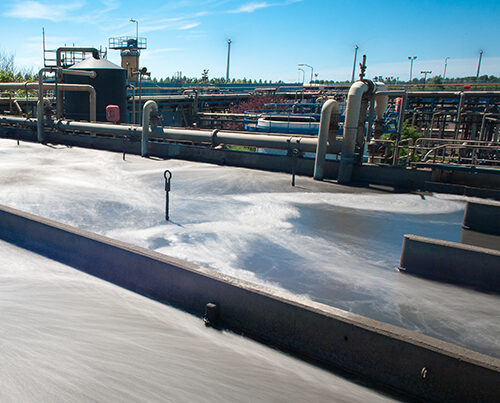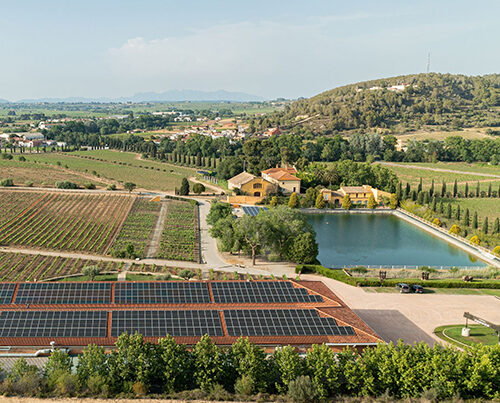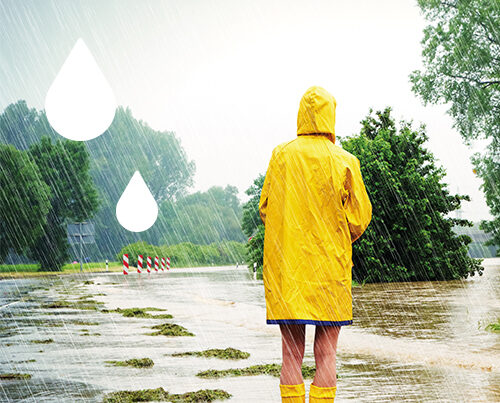Making the very most of wastewater
Contrary to popular belief, waste water does in fact contain a whole host of valuable substances which are ideal for producing bio-based raw materials. REMONDIS Aqua not only uses this potential to recover phosphorus, gypsum and iron and aluminium salts but is also involved in developing new ways to recover fats, precious metals, bioplastics and silicon. The WOW! project (Wider business Opportunities for raw materials from Waste water) gives people from numerous European countries the opportunity to work together to promote the idea of waste water treatment facilities being a rich source of top quality resources.

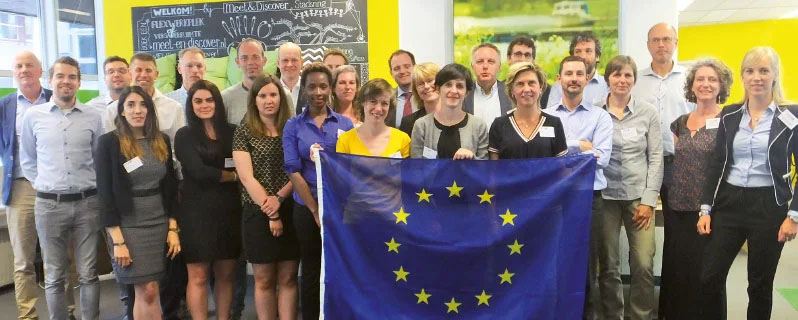
The WOW! project unites many different European countries enabling them to promote waste water as a source of top quality resources
Waste water – a source of raw materials
North West Europe, in particular, has yet to recognise and make the most of the hidden treasure in their municipal and industrial waste water. A project launched this June aims to change this situation. It focuses on making all market players more aware of the value of waste water. The message is simple: they need to regard waste water as a valuable and energy-rich source of high quality raw materials to grow market opportunities, to preserve our planet’s finite resources and to protect our environment. As soon as people have started thinking about the theory, the relevant technology can then be implemented to make it possible.
Aquatic Mining
REMONDIS Aqua refers to this process as “Aquatic Mining” and has launched a number of pilot projects – initially to recover three further raw materials: cellulose, lipids and polyhydroxyalkanoates (water-insoluble fatty acids). “Waste water contains many valuable substances and yet so few of them are being used. Failing to do so, means valuable raw materials are being lost to us forever and unnecessary carbon emissions are being produced,” explained Patrick Herr, WOW! project manager at REMONDIS.
Collaborating with Luxembourg University
By developing and optimising innovative recycling and upcycling techniques, bio coal, bio oil and acetic acid can be made from recovered cellulose and bioplastics from recycled polyhydroxyalkanoate. “At the moment we are particularly involved in projects looking at biofuels. We’re collaborating with the University of Luxembourg here to test a new system that can recover lipids from sewage sludge and process them into biofuel”, Patrick Herr continued.
Dr Martin Lebek, REMONDIS Aqua, gave an interview for the Global Water Intelligence magazine in which he talked in detail about using waste water as a resource. Read more here.
One of the long-term goals of the programme, which is being supported by Interreg North-West Europe, is to promote political discussion in Germany about the area of wastewater treatment as well as for the EU to develop a strategy plan on this subject.
Image credits: image 1: © REMONDIS, image 2: © REMONDIS







